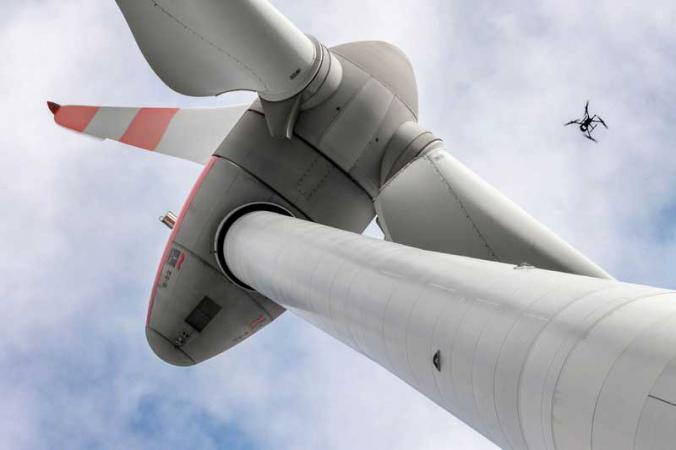Bad water management makes drought worse, study finds
As Europe faces record-high temperatures, drought emergency measures might be back on the table. According to a new WWF paper published on July 22, EU member states are doing little to curb the impact of extreme weather events on freshwater ecosystems sustainably, writes Euractive on its website.

On the contrary, the World Wildlife Fund accuses them of making things worse, by “continuing to push the European Commission to weaken the only tool that will help us better face the pressures ahead,” the paper from the WWF said.
Bad management of rivers, lakes, wetlands, and groundwater is stretching Europe’s water resources thin, it said. This makes ecosystems far less able to cope with climate change. And this is increasingly becoming a problem.
- With intense droughts, heat and floods quickly becoming Europe’s ‘new normal’, smart water management – coupled with reducing emissions – can help us tackle the issue at the source,” said Andreas Baumüller of WWF’s European Policy Office in an interview with Euractive.
Nitrate pollution will continue to be an issue across generations
For years, the EU Commission has warned Germany about illegally high levels of nitrate in groundwater. The European Court of Justice even ruled on the issue in June. Now, the German government is working on a new Fertiliser Regulation. However, the groundwater is expected to remain contaminated for many more years. EURACTIV Germany reports.
Currently, 60 percent of the EU’s water resources fail to meet the bloc’s requirements to pass as ‘healthy’. Pollution, changes to the shape or flow and excessive use of water, for example for irrigation, are taking their toll. ‘Unhealthy’ freshwater sources are often those who are hit the hardest by droughts, heat, and floods, according to the WWF’s data.
Dams or reservoirs impact the flows of almost all rivers in the European Union. Agriculture uses around 40% of the freshwater used in the bloc. Ever since droughts started reaching Europe’s north, good water management is crucial throughout the continent, the report states.
Healthy water ecosystems not only ensure a continuous supply of good quality water during dry periods, the paper says, but can also mitigate the impacts of climate change, for example by buffering temperature changes and absorbing and storing carbon.
Relief is in the member states’ hands, according to WWF. The organisation calls for the full implementation of the Water Framework Directive, the EU’s water law, whose aim it is to ensure that freshwater ecosystems are healthy and resilient enough to sustain hotter temperatures.
EU clean water laws under attack from industry lobbyists
Industry lobbies are mounting a push to roll back EU clean water regulations, even though less than half of the continent’s rivers, wetlands and lakes are in a healthy state. EURACTIV’s media partner, The Guardian, reports according to Euractive.
However, member states do little to implement the law and to improve the condition of freshwater ecosystems. On the contrary, national governments, as well as industry lobby groups, use an ongoing review of the regulation to push for lower standards, according to the WWF.
Andreas Baumüller called on the European Commission to stick to the current version of the legislation and warned of the consequences of weakening the regulation.
- Climate change is happening, and the European Commission needs to decide today to buffer the impacts by signing off the EU water law as fit for purpose, he said.








